
Hopefully, it will be a reward for the best fans in the world game. We know from the remarkable red army of 30,000 souls who stretched their bank balances to breaking point to journey Down Under to support the 2013 Lions this summer that if the cause and the quality of rugby captures the imagination, they will come.
Warren Gatland‘s 2013 tourists have given rugby in these islands a welcome shot in the arm thanks to their emphatic series-clinching third Test victory over Australia. It has delivered a new wave of heroes, like Leigh Halfpenny, George North, Jonathan Davies, Alex Corbisiero and Jonny Sexton, for youngsters to emulate.
Their first forays on the international stage will come in the autumn series, and the increased confidence on the part of the four home Unions post-Lions means that the threat of them upsetting the Southern Hemisphere powers is real rather than imagined.
Then there is the internicine warfare sharpened by the slings and arrows of Lions selection, with the Irish in particular nursing a grudge over the dropping of Brian O’Driscoll. What could whet the appetite more than the Lions four constituent parts, England, Wales, Scotland and Ireland taking up cudgels against each other again?
The traditional annual battle for supremacy in not just the Six Nations, but also in the Heineken Cup, in what is a seminal, and possibly final, year for Europe’s elite club tournament.
So does the return of true scrummaging. The ‘crouch-bind-set’ ruling is the first genuine attempt to restore the scrum to the Laws as they are written, and to the contest for possession it was until the IRB and their elite referee department promoted the illegal ‘hit’ scrum over a decade ago.
The scrum is not, as Richard Cockerill advocates, just a pushing contest. It is a contest of skill (hooking) and timing as well as pushing power. There will be more use of first phase attacks with the scrum as an attacking platform, and the re-emergence of back row moves. A game of variety, the chess it should be rather than the Rugby League-style draughts the IRB was creating.
The only thing that detracts from the fanfare is the lamentable political intrigue that has seen the European Cup reduced to a pawn in a game of brinkmanship, mainly over changes to qualification and finance, between the English Premiership and the French Top 14 clubs in one camp, and the Celtic and Italian Pro 12 sides in the other.
It is the English and French clubs, who have to qualify through merit-based leagues, driving the agenda for change, and it is up to ERC to stop presenting themselves as an injured party. Instead, ERC’s job is to lead the brokering of a new agreement based on a workable compromise – i.e. accepting the top four from the Pro 12 plus one Italian and Scottish side as qualifiers for Europe’s elite competition – rather than digging themselves into an entrenched position in support of the status quo.
The English clubs should be able to count on the support of the RFU to make changes to the ERC structure a reality. It would also be a sound move on the part of the Twickenham mandarins not just because the Premiership clubs have a just cause in supporting a meritocracy. It is essential also to England’s chances in the 2015 World Cup for there to be close co-operation between country and clubs.
It is a crucial season in so many respects for the host nation, not least in head coach Stuart Lancaster starting to put together an England side capable of winning the World Cup for the second time. However, Lancaster’s cause will be helped hugely if the Premiership clubs make his life easier by providing not only a steady flow of Test calibre stars, but ones who excel for their clubs in the same position in which they play their international rugby.
This season also marks the tenth anniversary of England’s victorious 2003 World Cup campaign, and, along with the commemorations and celebrations, there should be a stern message from that team of winners about what it takes to become world champions.
Recent progress has been offset not least in losing two Grand Slam deciders in the last three years, with the latest beating by Wales – a 30-3 trouncing in Cardiff – an indicator of the gulf between the 2015 pool protagonists.
The raw reality is that England have won a single Six Nations title since 2003, and have at times been badly exposed as a team of honest triers deficient in creative skill. That is why the emphasis this season must be on attack, and ruthless finishing, because at the end of it the tournament will be only a year away.
A Heineken Cup win from a Premiership club is also long overdue after a six year drought, and the English arm in the ERC arm-wrestle will be strengthened by a strong European campaign.
For Wales hope springs eternal that their regions finally mirror the exploits at international level and make an impact in Europe, and if the Ospreys get a good start against Leinster in pool one of the Heineken Cup it could be a portent of things to come. It is way past time that a Welsh side matched Cardiff’s feat of getting to the final of the first Heineken Cup way back in 1996.
For the Irish, there is the hope of settling scores and sending a triumphant O’Driscoll into retirement dripping in silver. The chance for revenge – especially against Warren Gatland’s Lions-laden Welsh side – comes when the teams meet in Dublin in early February. Before that, however, there will be a tasty starter with Leinster, now deprived of wonder-coach Joe Schmidt as well as the attacking guile of Sexton and Isa Nacewa, tangling with the Ospreys.
The Scottish challenge is to build on the headway of last season when they achieved their best Six Nations finish for a long while, and for their two pro districts to attract a bigger support base and establish some feelgood factor in Europe.
It is all to play for, so Bring It On!

2 Comments
You must be logged in to post a comment Login
Leave a Reply
Cancel reply
Leave a Reply
You must be logged in to post a comment.







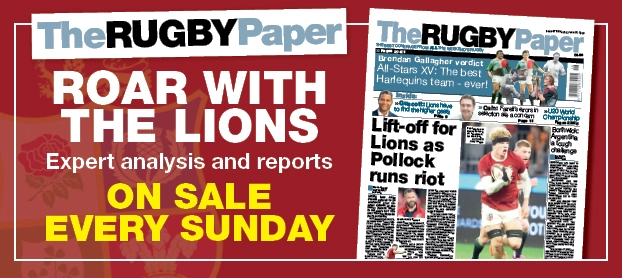













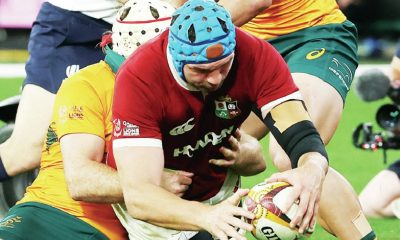

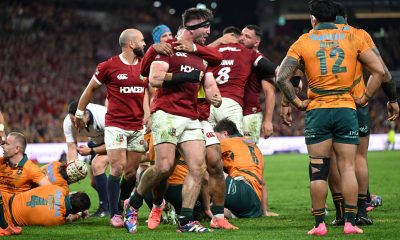

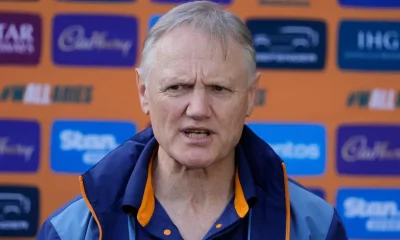

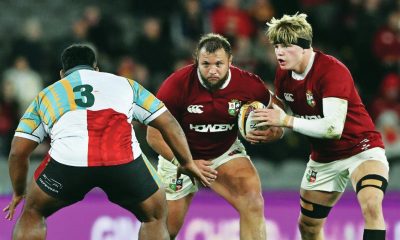



Tom
11 September 2013 at 11:29 AM
A minor point perhaps, but England won the Six Nations in 2011 under Martin Johnson.
Pingback: ai ดูดวง